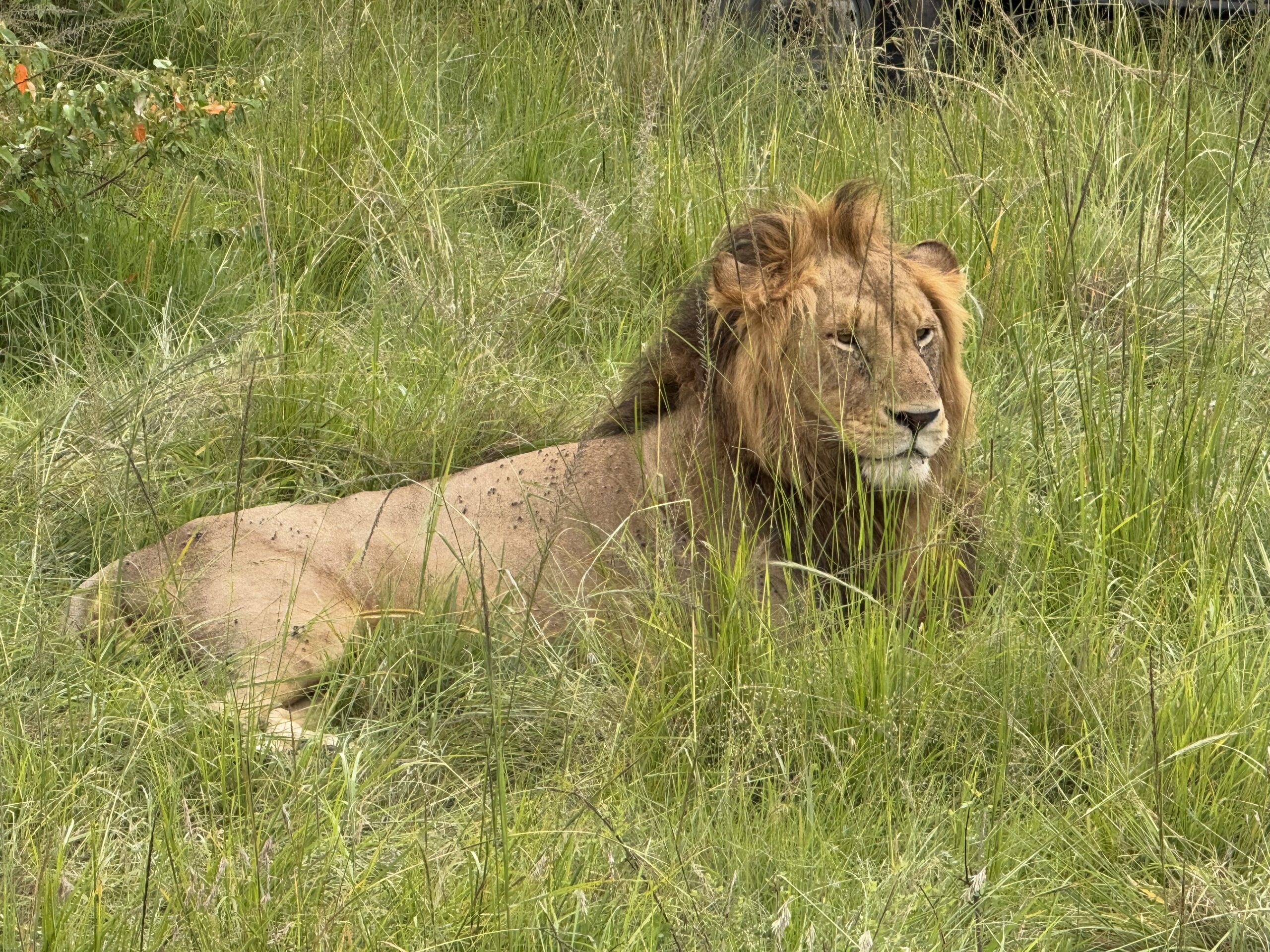
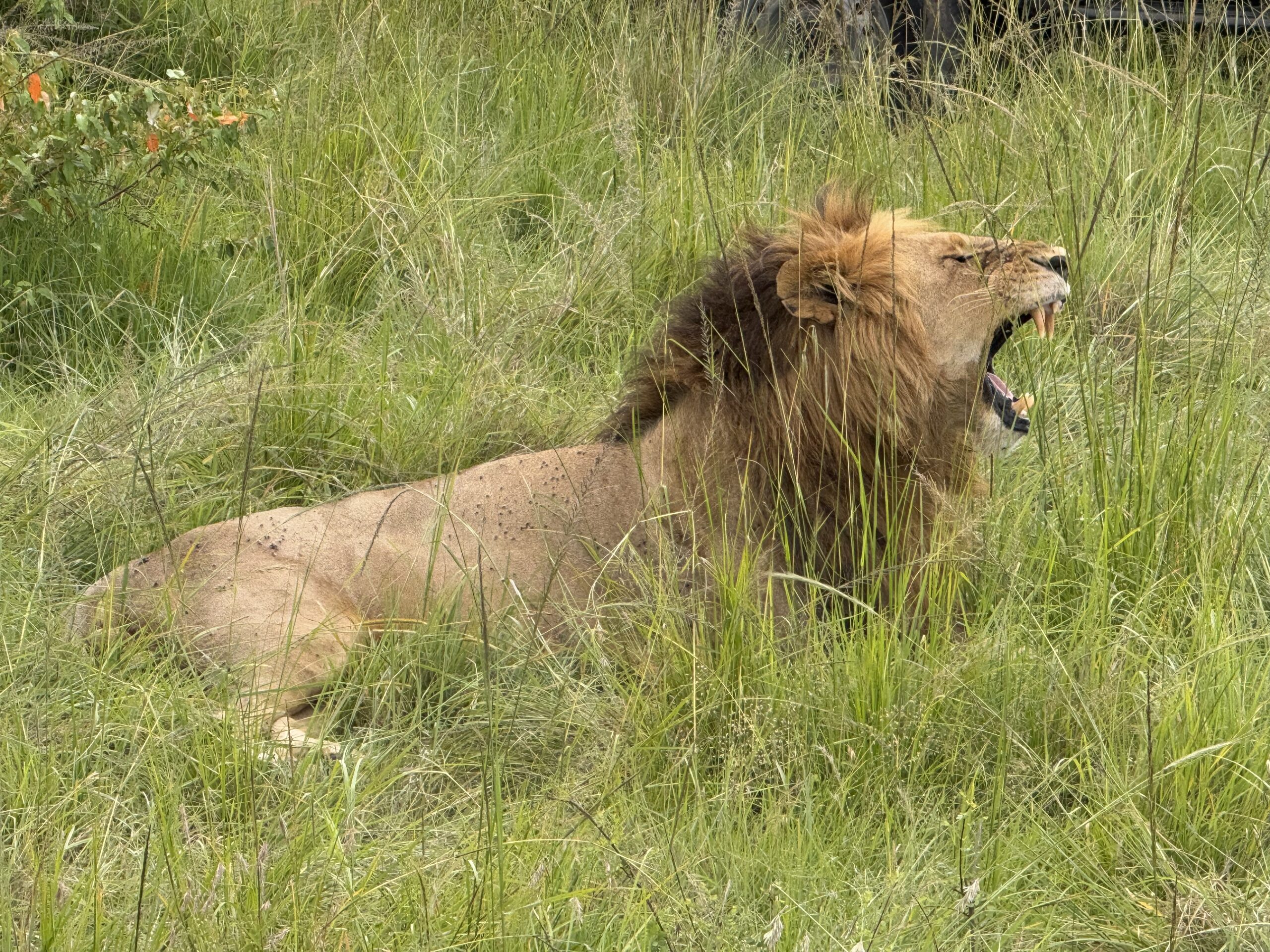
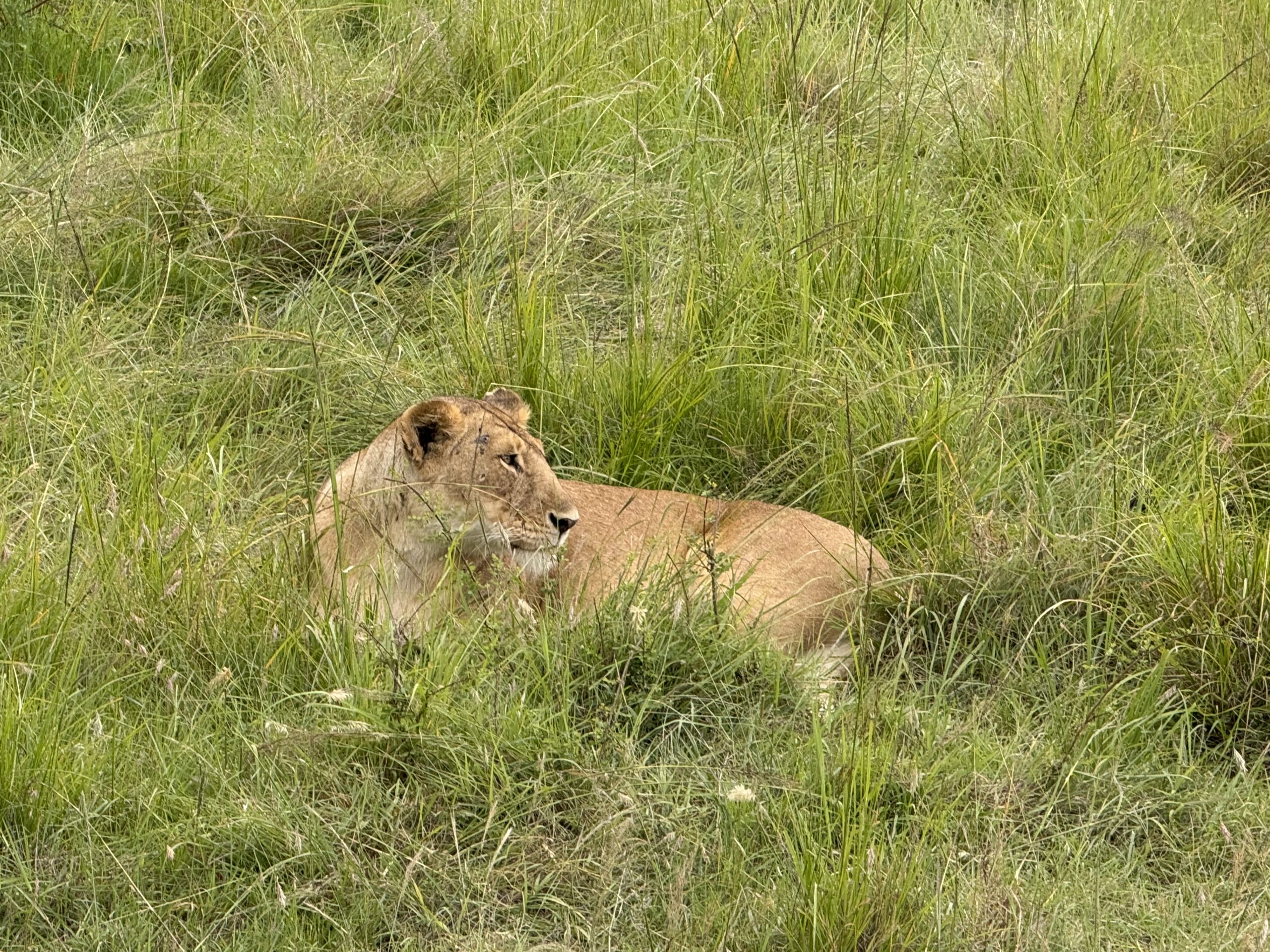
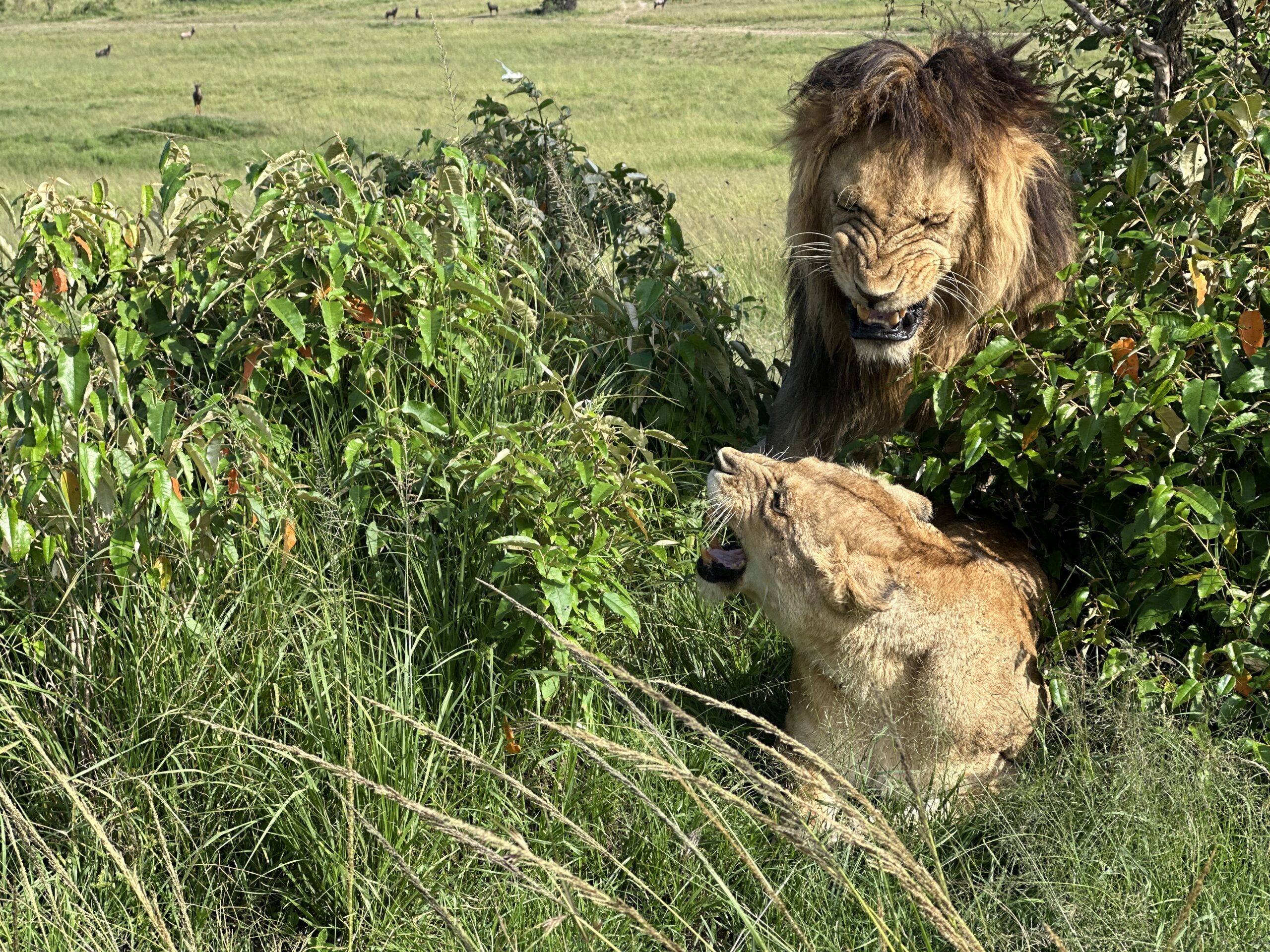
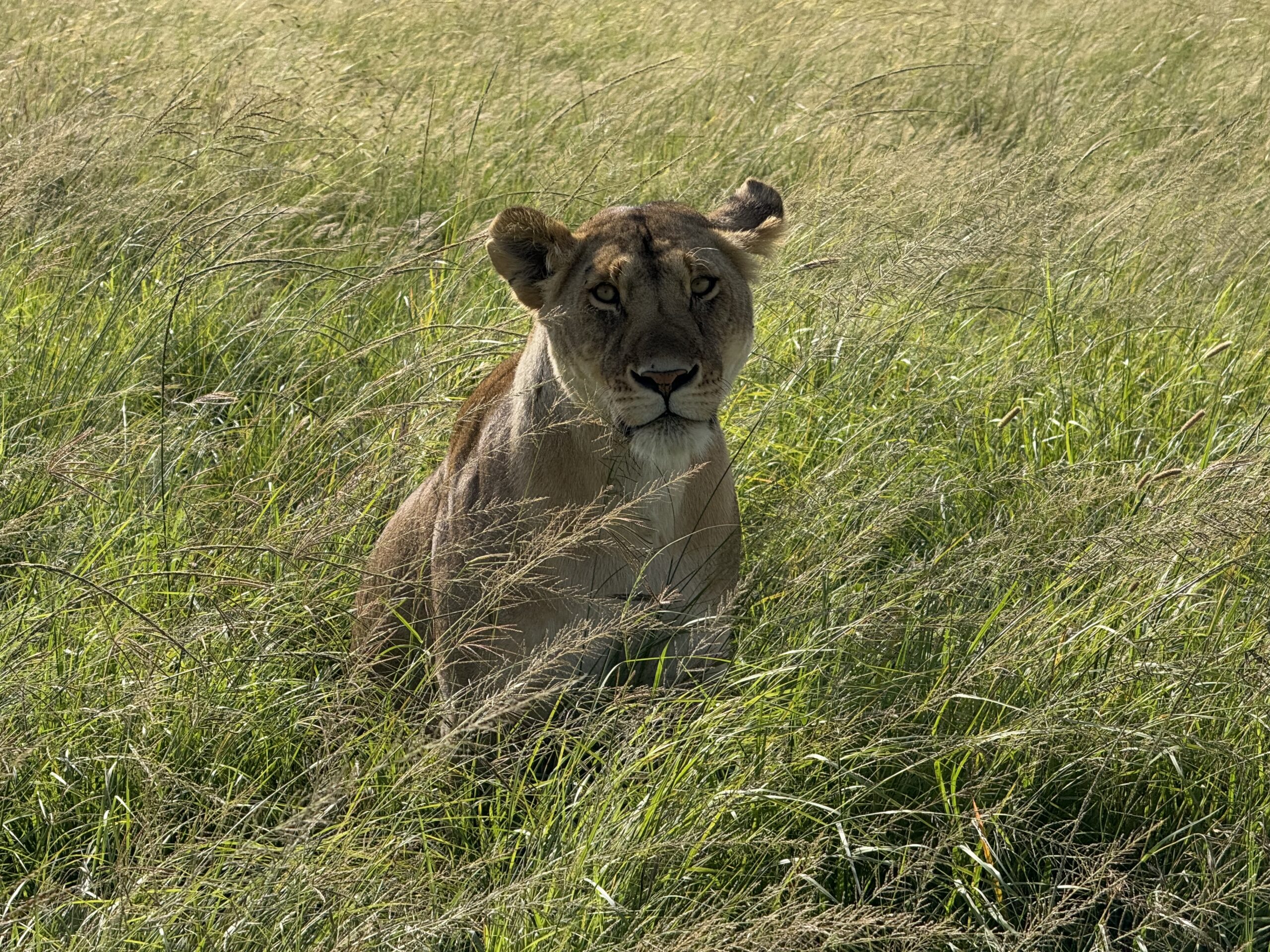
Tanzania Safari with Kids: Age-Appropriate Parks and Family-Friendly Experiences
Planning a Tanzania safari with children requires different considerations than adult-only trips. After guiding numerous families with kids ranging from toddlers to teenagers, I’ve learned what works, what doesn’t, and how to create magical safari experiences that engage young travelers without overwhelming them.
This comprehensive guide addresses the unique challenges and opportunities of family safaris, helping you decide if Tanzania is right for your family, which parks work best for different ages, and how to keep children engaged throughout the adventure.
Is Tanzania Safari Suitable for Children?
The short answer: yes, with proper planning. Tanzania safaris can be extraordinary family experiences, creating lifelong memories and fostering children’s connection with nature. However, success requires realistic expectations and age-appropriate planning.
Tanzania safaris work well for families when :
- Children are at least 5-6 years old (some properties accept younger)
- Parents set realistic expectations about pace and activities
- Itineraries are designed with children’s attention spans in mind
- Accommodations are chosen for family-friendliness
- Flexibility is built into schedules
Tanzania safaris work well for families when :
- Children are very young (under 4-5 years)
- Itineraries are too ambitious or rushed
- Parents expect an adult safari pace
- Budget forces uncomfortable accommodations
- No downtime is scheduled
Age-Specific Recommendations
Children Under 5 Years
Honest Assessment :Most safari operators and lodges don’t accept children under 5-6 years, and for good reason.
Challenges :
- Long drives difficult for toddlers (3-5 hours between parks)
- Early wake-ups (5:30 AM) disrupt young children’s routines
- Safety concerns around wildlife
- Limited attention span for game drives
- Unpredictable behavior can disturb wildlife viewing
- Many lodges have minimum age policies (typically 6 years)
If You Must Safari with Very Young Children :
- Choose lodges specifically accepting young families
- Keep itinerary very short (4-5 days maximum)
- Select parks close to Arusha (shorter drives)
- Book a private vehicle (no sharing with other guests)
- Build in extensive rest time
- Consider waiting until children are older
My Recommendation :Unless you have specific reasons requiring immediate travel, wait until children are at least 6 years old for optimal experience.
Children 6-10 Years
Sweet Spot Age Range: This age group typically loves safari. They’re old enough to sit quietly during wildlife viewing, young enough to find everything magical, and at perfect age for nature education.
What Works :
- Genuine excitement about animals
- Developing photography interest
- Engaging with guides’ animal stories
- Junior ranger programs at some lodges
- Shorter game drives (2-3 hours) with breaks
- Interactive activities (tracking animal footprints, identifying birds)
Recommended Itinerary (7-8 days): :
- Tarangire (large animals, especially elephants – huge hit with kids)
- Ngorongoro Crater (compact, high wildlife density, shorter drives)
- Lake Manyara (tree-climbing lions, flamingos, varied habitats)
- Optional: Serengeti (2-3 nights if children are enthusiastic)
Activities Kids Love :
- Tracking elephant herds
- Counting zebras
- Spotting lion cubs
- Watching hippos
- Swimming at lodges between game drives
- Sundowner picnics
Challenges to Manage :
- Maintaining quiet during predator sightings
- Long waits at river crossings (if visiting during migration)
- Bumpy road sections
- Limited bathroom breaks during drives
- Early mornings
Children 11-15 Years (Tweens/Young Teens)
Excellent Safari Age :Tweens and young teens can fully appreciate safari experiences while bringing youthful enthusiasm. They’re mature enough for longer game drives and complex wildlife behavior observations.
What Works :
- Genuine wildlife interest develops
- Photography becomes a serious hobby
- Conservation education resonates
- Cultural interactions become meaningful
- Can handle full-day game drives
- Engage deeply with guide knowledge
Recommended Itinerary (8-10 days):
- Full Northern Circuit (Tarangire, Serengeti, Ngorongoro, Lake Manyara)
- Walking safaris where permitted
- Cultural village visits
- Extended Serengeti time during migration
- Optional Zanzibar extension (combines adventure with beach)
Activities They Love:
- Photography competitions
- Wildlife behavior observation
- Learning tracking skills
- Cultural exchanges
- Independence at lodges
- Conservation discussions
Challenges :
- Managing device addiction (limited WiFi is actually beneficial)
- Balancing independence with supervision
- Early mornings (teens love sleeping late)
Teenagers 16+ Years
Ideal Safari Age: Teenagers can fully participate in adult safari experiences while bringing energy and fresh perspective. They’re essentially adult travelers with more enthusiasm.
What Works :
- Appreciate complex ecosystem relationships
- Serious photography
- Conservation awareness
- Cultural sensitivity
- Physical activities (walking safaris, hiking)
- Independence
Recommended Itinerary: Same as adult itineraries – teenagers can handle anything adults can, often with more enthusiasm.
Need family safari advice for your children’s specific ages? Contact David for honest assessment and age-appropriate itinerary recommendations.
Email: david@navelofafrica.com | WhatsApp: +255 743 114 934
Best Parks for Families with Children
Tarangire National Park (Top Family Choice)
Why It Works :
- Compact size means shorter drives to great viewing
- Enormous elephant herds (kids absolutely love elephants)
- Easily visible wildlife (large animals in open areas)
- Shorter distance from Arusha (2-3 hours)
- Excellent family lodges available
- Lower crowd levels than Serengeti
Family Activities :
- Elephant watching (often 50+ individuals in herds)
- Baobab tree photography
- Bird identification (colorful species easy to spot)
- Picnic sites with views
Age Suitability: Perfect for ages 6+
Ngorongoro Crater (Excellent for Families)
Why It Works :
- Compact crater floor (260 sq km) means everything is close
- Guaranteed Big Five sightings in 4-5 hours
- No long searches – wildlife density is extraordinary
- Shorter game drives suitable for younger children
- Spectacular scenery captivates all ages
- Reliable bathroom breaks at picnic sites
Family Activities :
- Big Five scavenger hunt
- Counting different species
- Flamingo observation at lake
- Picnic lunch with views
Age Suitability: Good for ages 5-6+
Note: Crater rim can be cold (bring warm layers) and altitude sometimes causes mild headaches.
Lake Manyara National Park (Good for Families)
Why It Works :
- Small park (easy to cover in half-day)
- Close to Arusha (2 hours)
- Varied habitats keep things interesting
- Tree-climbing lions (unique, exciting for kids)
- Large flamingo flocks (visually spectacular)
- Good for shorter attention spans
Family Activities :
- Lion spotting in trees
- Flamingo counting
- Monkey watching
- Hippo pool observation
Age Suitability: Good for ages 5+
Serengeti National Park (Requires Consideration)
Why It Can Work :
- Extraordinary wildlife (makes a lasting impression)
- Great Migration (if timing is right) is unforgettable
- Large predators captivate children
- Varied landscapes
Why It Can Be Challenging: :
- Large park means long drives between sightings
- Sometimes requires patience (waiting at river crossings)
- Further from Arusha (6-8 hour drive or flight)
- Can overwhelm very young children
Recommendations for Families :
- Limit Serengeti to 2-3 nights (not 4-5)
- Choose central Serengeti for higher wildlife density
- Visit during peak wildlife season (not low season)
- Consider flying rather than long road transfer
- Book lodges with swimming pools
Age Suitability: Best for ages 8-9+
Parks to Avoid with Young Children
Mahale Mountains / Katavi: Too remote, requires charter flights, long distances, more suitable for older children (12+)
Ruaha: Very long drive from any airport, better for older children who appreciate wilderness remoteness
Family-Friendly Accommodations
Accommodation choice dramatically affects family safari success.
What to Look For
Family Rooms/Suites: Interconnecting rooms or family suites where parents can supervise children while everyone has space.
Swimming Pools: Essential for afternoon downtime. Children need to burn energy between game drives.
Secure Grounds: Fenced properties where children can walk safely without wildlife danger.
Child-Friendly Meals: Lodges offering simple foods (pasta, pizza, chicken) alongside adventurous cuisine.
Kids’ Programs: Some lodges offer junior ranger programs, nature walks, cultural activities designed for children.
Flexible Dining: Early dinner times (6-7 PM) rather than fixed late dining.
Accommodation Types for Families
Lodge vs Tented Camp
Lodges (Better for Families):
- Solid walls provide a security feeling
- Better noise insulation (kids can be loud)
- Usually have pools and play areas
- More child-friendly infrastructure
- Easier bathroom access at night
Tented Camps (Can Work for Older Kids):
- More “adventure” feeling teens might prefer
- Usually smaller and quieter
- May lack family rooms
- Limited soundproofing
- Potentially scary for young children
Budget Camping (Generally Avoid with Children):
- Shared facilities difficult with kids
- Safety concerns at night
- Uncomfortable for families
- Limited amenities
My Recommendation: Mid-range to luxury lodges work best for families. The pool, family rooms, and infrastructure justify the investment.
Sample Family-Friendly Itineraries
Conservative Family Safari (Ages 6-10) – 6 Days
Day 1: Arrive Kilimanjaro, transfer to Arusha lodge (pool, rest, acclimatize)
Day 2-3: Tarangire National Park (2 nights)
- Morning and afternoon game drives
- Lunch and pool time at lodge between drives
Day 4: Ngorongoro Crater (1 night crater rim)
- Full day crater floor game drive
- Early return for pool time
Day 5: Lake Manyara (1 night)
- Half-day game drive
- Cultural village visit (optional)
- Lodge time
Day 6: Return to Arusha, depart or overnight before flight
Why This Works: Shorter drives, high wildlife density, plenty of rest time, varied activities.
Active Family Safari (Ages 10-15) – 8 Days
Day 1: Arrive, overnight Arusha
Day 2-3: Tarangire (2 nights)
- Game drives
- Walking safari (where permitted)
Day 4-6: Serengeti (3 nights)
- Multiple game drives
- Sundowner picnic
- Photography focus
Day 7: Ngorongoro Crater (1 night)
- Crater game drive
- Maasai village visit
Day 8: Depart or extend
Why This Works: Older children handle longer itinerary, Serengeti adds adventure, varied activities maintain interest.
Family Safari with Beach Extension (All Ages) – 10 Days
Day 1-6: Northern Circuit safari (as above itineraries)
Day 7-10: Zanzibar Beach
- Snorkeling
- Spice tour
- Beach relaxation
- Stone Town exploration
hy This Works: Balances adventure with relaxation, gives children beach reward after safari effort, parents recover from early mornings.
Keeping Children Engaged During Safari
Before the Trip
Education:
- Read age-appropriate books about African animals
- Watch documentaries together (Netflix has excellent wildlife content)
- Learn animal names and characteristics
- Discuss what to expect on safari
- Set realistic expectations
Involvement :
- Let children help plan (within reason)
- Give them safari journals for documenting
- Provide cameras (even simple ones)
- Create scavenger hunt lists
During Game Drives
For Younger Children (6-10):
- Animal bingo cards
- Counting games (how many zebras?)
- Spotting competitions (who sees first lion?)
- Story-telling by guide about animal behavior
- Photography with tablets/phones
- Short game drives (2-3 hours maximum)
For Older Children (11+):
- Photography missions (capture specific behaviors)
- Wildlife behavior observation
- Ecosystem relationship discussions
- Conservation education
- Guide dialogue about tracking and identifying
Essential Supplies :
- Snacks (hunger makes everyone miserable)
- Water bottles
- Binoculars for kids
- Cameras/tablets
- Activity books for downtime
- Favorite comfort items
At Lodges
Structured Activities :
- Swimming (essential daily activity)
- Junior ranger programs if available
- Cultural performances
- Nature walks on property
- Board games in communal areas
Downtime: Children need unstructured time to process experiences, rest, and just be kids. Don’t schedule every minute.
Practical Family Safari Tips
Vehicle Arrangements
Book Private Vehicle: Sharing vehicles with strangers stressful with children. Private vehicle allows:
- Bathroom breaks when needed
- Flexibility with game drive length
- No worrying about disturbing others
- Storage for snacks, toys, extra clothes
Window Seats for Everyone: Ensure your vehicle has window seats for all family members. Children sitting in middle seats miss wildlife viewing.
Meal Management
Challenge: Safari lodges often serve unfamiliar foods. Picky eaters struggle.
Solutions:
- Notify lodges of dietary preferences in advance
- Bring favorite snacks from home
- Choose lodges with varied menu options
- Don’t stress if children eat less than normal
- Keep protein bars for emergency
Bathroom Breaks
Reality: Limited bathroom options during game drives (sometimes none for 3-4 hours).
Management:
- Bathroom before leaving lodge
- Limit fluids during morning drives
- Guides know emergency locations
- Bring portable toilet for young children if necessary
- Don’t let embarrassment prevent communication with guide
Sleep and Rest
Challenge: 5:30 AM wake-ups plus afternoon drives exhaust children.
Solutions:
- Build rest afternoons into itinerary
- Allow children to skip occasional afternoon drive
- Maintain reasonable bedtimes
- Don’t schedule back-to-back early mornings every day
- Consider flexible game drive timing
Behavior Management
Setting Expectations:
- Explain wildlife viewing requires quiet
- Practice whisper voices before trip
- Create reward systems for good behavior
- Allow children to ask guide questions
- Don’t expect perfection – they’re kids
Managing Meltdowns :
- Have an exit strategy if a child becomes disruptive
- Bring comfort items
- Maintain a sense of humor
- Remember other families understand
- Focus on the overall experience, not individual moments
Safety Considerations with Children
Wildlife Safety
Critical Rules for Children :
- Never exit vehicle unless guide explicitly permits
- No running or loud noises around animals
- Hands and heads inside vehicle
- Follow guide instructions immediately without question
- Stay with adults at all times at camps
Parental Responsibility: Monitor children constantly around wildlife. Even fenced camps sometimes have animals inside.
Health Precautions
Malaria Prevention: Tanzania safari areas have malaria risk. Consult pediatric travel medicine specialist for appropriate prophylaxis based on child’s age and weight.
Sun Protection: Equatorial sun is intense. Apply sunscreen frequently, insist on hats, provide sun-protective clothing.
Hydration: Children dehydrate quickly. Constant water access essential.
First Aid: Bring comprehensive pediatric first aid kit including fever reducers, antihistamines, bandages, antiseptic.
Altitude Considerations
Ngorongoro Crater rim sits at 2,300 meters (7,500 feet). Some children experience altitude headaches, nausea, or fatigue. Symptoms usually resolve within hours. Keep children hydrated and rested.
Cost Considerations for Family Safari
Reality: Family safaris are expensive. Children’s discounts help but don’t eliminate the high cost.
Typical Pricing :
- Children under 5: Often 25-50% of adult price (where accepted)
- Children 6-11: Usually 50% of adult price
- Children 12+: Typically full adult price
- Family rooms: Premium over standard rooms
Cost-Saving Strategies :
- Travel during shoulder season (significant discounts)
- Choose budget-friendly lodges
- Limit safari to 5-6 days
- Share vehicle among family members (cost spreads across more people)
Budget Reality Check (Family of Four: 2 Adults, 2 Children 8 and 11):
- 7-day mid-range safari: $12,000-16,000 total
- 7-day budget safari: $8,000-11,000 total
- 7-day luxury safari: $20,000-30,000 total
Children make safaris more expensive but also more memorable. Many families consider it worthwhile investment in shared experiences.
Is Family Safari Right for You? :
Safari Works Well for Your Family If :
- Children are at least 6-7 years old
- Family enjoys outdoor activities and nature
- Children have reasonable attention spans
- Parents have realistic expectations
- Budget accommodates family-friendly lodges
- Everyone’s excited (not just parents)
Consider Postponing If:
- Children are very young (under 5-6)
- Family prefers structured resort vacations
- Children have special needs requiring specific infrastructure
- Budget forces uncomfortable accommodations
- Children are actively resistant to the idea
Alternative: Consider waiting 1-2 years. Children develop quickly, and slightly older kids enjoy safari more while creating less stress for parents.
Final Thoughts
Tanzania safari with children can be magical family experience creating lifelong memories and fostering wildlife appreciation. However, success requires realistic planning, age-appropriate expectations, and flexibility.
Don’t expect adult-pace safari. Embrace slower rhythm, shorter game drives, and plenty of pool time. The memories of children’s faces seeing their first elephant or lion make every challenge worthwhile.
As a guide who has led numerous family safaris, I love witnessing children’s genuine wonder at wildlife. Their excitement often reignites adults’ sense of amazement. However, I’m equally honest about challenges so families arrive prepared.
Planning family safari? Want honest advice about whether Tanzania suits your children’s ages?
Contact David Jangwa – Navel of Africa
📧 Email: david@navelofafrica.com📱
I’ll provide honest assessment of whether safari suits your family, recommend age-appropriate itineraries, and suggest family-friendly lodges. If I think waiting a year or two would create better experience, I’ll tell you that too. Your family’s successful safari matters more than immediate booking.
About the Author :
David Michael Jangwa has guided numerous families with children ranging from 6 to 18 years through Tanzania’s Northern Circuit. As a father himself, he understands family dynamics and works to create safari experiences that engage children while managing parents’ stress levels. He believes in honest communication about what works and what doesn’t for different age groups.
